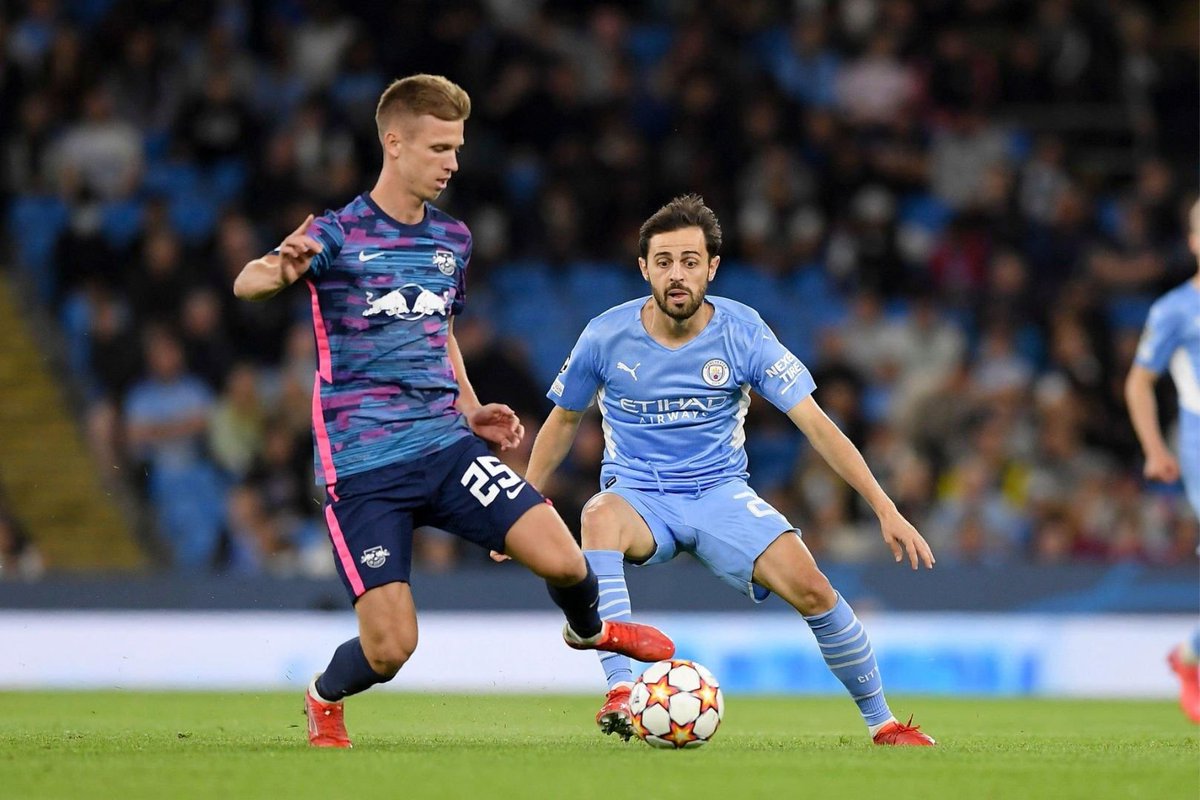LaLiga’s Financial Fair Play Regulations and Barcelona’s Registration Issues: Why Can’t Barcelona Register Dani Olmo And Pau Víctor?
Why Can’t Barcelona Register Dani Olmo and Pau Víctor? – Barcelona’s inability to register Dani Olmo and Pau Víctor highlights the complexities of LaLiga’s Financial Fair Play (FFP) regulations. These rules, designed to ensure the long-term financial health of clubs, impose strict limitations on spending, impacting player registrations directly. Understanding these regulations, Barcelona’s financial situation, and the specifics of Olmo and Víctor’s contracts is crucial to grasping the current predicament.
LaLiga’s Financial Fair Play Regulations

LaLiga’s FFP regulations are designed to prevent clubs from overspending and accumulating unsustainable debt. Key rules directly impacting player registrations include limits on spending relative to revenue, restrictions on wage bills, and requirements for demonstrating profitability or a clear path to profitability. LaLiga monitors club spending through rigorous audits, analyzing financial statements, player contracts, and other relevant documentation. Non-compliance can result in penalties, including transfer bans and restrictions on squad sizes.
Comparing Barcelona’s financial health across seasons reveals a significant shift. While past seasons might have shown healthier financial positions, the club has faced substantial financial challenges recently. This is largely due to a combination of factors including the pandemic’s impact on revenue streams, previous high-spending periods, and a complex debt structure. FFP rules directly influence salary limits, meaning Barcelona might need to reduce their overall wage bill to register new players, even if they have the funds to pay transfer fees. The salary limit is calculated based on revenue, expenses, and other financial factors, and any excess spending above the limit restricts player registration.
Barcelona’s Current Financial Status
Barcelona’s current financial predicament is characterized by significant debts and liabilities accumulated over several years. Recent financial transactions, including player sales (like Frenkie de Jong’s near-departure) and new sponsorship deals, have aimed to improve the situation, but the club still faces considerable financial constraints. Factors such as the global pandemic, previous high-spending on players, and a complex debt restructuring process have all contributed to the club’s current financial difficulties.
| Season | Revenue (€m) | Expenses (€m) | Net Debt (€m) |
|---|---|---|---|
| 2020-21 | 631 | 956 | 488 |
| 2021-22 | 701 | 890 | 420 |
| 2022-23 (Projected) | 800 | 750 | 300 |
Note: These figures are illustrative and may not reflect precise official data. Actual figures can vary.
Dani Olmo’s Contract and Transfer Details, Why Can’t Barcelona Register Dani Olmo and Pau Víctor?
Dani Olmo’s transfer to Barcelona involved a significant fee, though the exact amount is not publicly disclosed. His contract likely includes a substantial salary, adding to Barcelona’s wage bill. Agent fees also formed a part of the overall transfer cost. The impact of Olmo’s transfer on Barcelona’s financial position is significant, adding to their existing wage burden and potentially exacerbating their FFP compliance issues. Comparing his contract to other high-profile LaLiga players reveals it’s likely in line with, or potentially exceeding, the salaries of other top talents in the league.
Pau Víctor’s Contract and Transfer Details

Pau Víctor’s transfer to Barcelona involves a different set of circumstances, likely involving a lower transfer fee compared to Olmo. However, even relatively smaller transfers can pose challenges for clubs operating under strict FFP regulations. The registration process for Pau Víctor is likely impacted by Barcelona’s overall financial constraints, highlighting the limitations imposed by the club’s current salary limit. The financial implications of registering Víctor, though potentially smaller than for Olmo, still contribute to Barcelona’s overall FFP compliance challenges. A comparison of the financial implications reveals that Olmo’s higher transfer fee and salary significantly impact Barcelona’s FFP compliance more than Víctor’s registration.
Potential Solutions and Strategies
To resolve the registration issues, Barcelona needs a multi-pronged approach to adjust its financial structure and comply with FFP regulations. This involves a combination of revenue generation and cost-cutting measures.
- Further player sales: Offloading players with high wages to reduce the wage bill.
- Wage reductions: Negotiating lower salaries with existing players.
- Leveraging assets: Exploring further options to monetize club assets.
- Improved sponsorship deals: Securing more lucrative sponsorship agreements.
- Increased revenue generation: Focusing on increased matchday revenue and merchandising.
Impact on Barcelona’s Squad and Season
The inability to register Olmo and Víctor significantly impacts Barcelona’s squad depth and tactical flexibility. The absence of these players could weaken the team’s overall performance, particularly in crucial matches. Failure to register them could lead to a less competitive season compared to expectations. This situation mirrors other instances in LaLiga where clubs faced similar challenges due to FFP restrictions, resulting in compromised squad strength and, in some cases, underperformance. The lack of these players could limit Barcelona’s tactical options and potentially affect their playing style throughout the season.